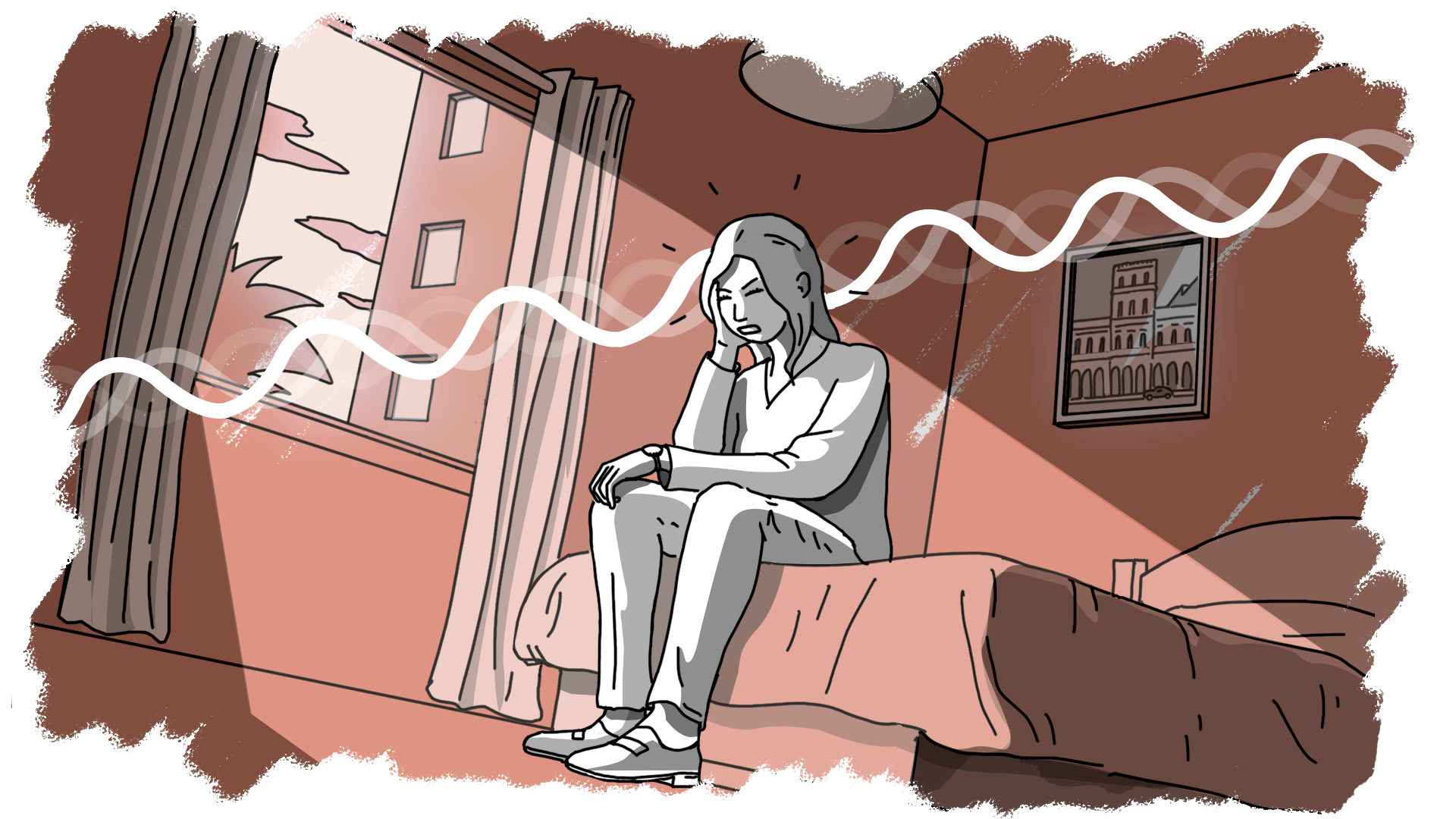In recent history, few events have captured the imagination and concern of governments, scientists, and the public quite like the strange phenomenon known as “Havana Syndrome.” This mysterious ailment, first reported in 2016, has affected diplomats and government employees, primarily from the United States, serving in Cuba and other countries. The syndrome is named after the Cuban capital, where the first cases were reported, and it has since baffled experts due to its unusual symptoms and unclear origins.
The Onset: Strange Symptoms in Havana
The first cases of Havana Syndrome emerged in late 2016, when U.S. and Canadian diplomats stationed in Havana began experiencing a range of puzzling symptoms. These symptoms included severe headaches, dizziness, nausea, hearing loss, and even cognitive difficulties. Some individuals reported hearing strange, high-pitched sounds or feeling intense pressure in their heads before the onset of symptoms.
As more cases were reported, the symptoms became more varied and severe. Some individuals experienced lasting health issues, including persistent migraines, memory problems, and even brain injuries similar to those seen in concussion patients. The fact that these symptoms appeared suddenly and without clear cause raised alarm bells within the U.S. government and the international community.
Theories and Speculations: What Could Be Causing It?
The exact cause of Havana Syndrome remains a mystery, and several theories have been proposed over the years. Initially, the U.S. government suspected that the symptoms were the result of a sonic or microwave attack, possibly perpetrated by a hostile foreign power. This theory was based on the fact that many of the affected individuals reported hearing strange noises or feeling pressure in their heads, which could be consistent with exposure to some form of directed energy.
However, no conclusive evidence has been found to support this theory. Other possible explanations have included exposure to neurotoxic chemicals, such as pesticides, or even mass psychogenic illness, where psychological factors lead to the manifestation of physical symptoms among a group of people. Despite extensive investigations by various agencies, including the FBI and CIA, no definitive answer has been found.
Spread of the Syndrome: Beyond Havana
What makes Havana Syndrome even more puzzling is its spread beyond Cuba. Since the initial cases in Havana, similar symptoms have been reported by U.S. diplomats and intelligence officers in countries such as China, Russia, and even within the United States itself. The global nature of the syndrome has led to increased speculation about its origins and has sparked concerns about the safety of government personnel abroad.
In 2020 and 2021, new cases were reported, including in Vienna, Austria, and Berlin, Germany, further fueling the mystery. Some victims have described their symptoms as life-altering, with long-term health impacts that have affected their careers and personal lives.
Government Response and Ongoing Investigations
The U.S. government has taken the reports of Havana Syndrome seriously, conducting multiple investigations and providing medical care to affected individuals. In 2021, President Joe Biden signed the “Havana Act,” which provides financial compensation to government employees suffering from symptoms of the syndrome. Despite these efforts, the lack of a clear cause or responsible party has made it difficult to address the issue effectively.
In late 2021, the CIA released a report stating that the majority of the cases could likely be explained by environmental factors, pre-existing medical conditions, or stress. However, a small number of cases remained unexplained, leaving open the possibility of some form of targeted attack or other unknown cause.
The Ongoing Mystery
As of now, Havana Syndrome remains one of the most perplexing medical mysteries in recent history. The combination of its sudden onset, the severity of symptoms, and the lack of a clear explanation has left many questions unanswered. Whether it is the result of a sophisticated weapon, an environmental factor, or something else entirely, Havana Syndrome continues to intrigue and concern experts and the general public alike.
The oddity of Havana Syndrome lies not only in its mysterious nature but also in its potential implications for international relations and the safety of government personnel worldwide. Until more concrete answers are found, this strange phenomenon will likely remain a topic of intense study and speculation, a reminder of how much we still have to learn about the world around us.

